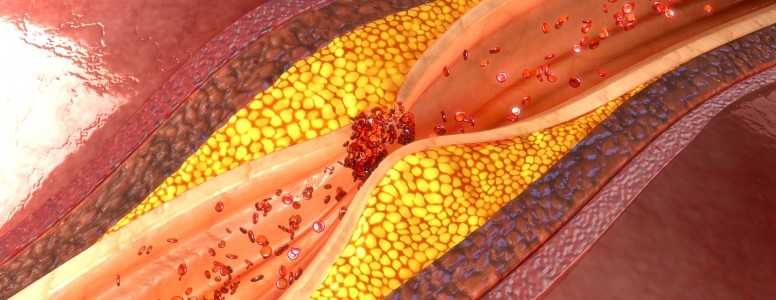A new study has discovered a protein responsible for boosting the survival rate of beta cells that shows promise to slow the onset of type 1 diabetes in animals and humans.
Researchers around the world have focused on increasing beta cell mass by way of various replacement therapies, such as stem cell regeneration.
Here, a team of international scientists at the Medical University of Vienna have been working on early-stage therapies to keep the existing beta cell population alive.
Their research, published in the EMBO Journal, identifies a key protein called secretagogin whose levels appear to determine the fate of beta cells.
When secretagogin is lacking, an intracellular programme designed to help beta cells get rid of toxic waste get disrupted and this precipitates their death.
However, artificially increasing the amount of this protein ensures full function of those mechanisms that keep beta cells up and running.
Secretagogin can be thought of as biological shielding that equips beta cells with self-protection against various attacks or accumulation of toxic waste material.
The researchers were able to show in animal models as well as in human beta cells that, as type 1 diabetes develops, the level of secretagogin becomes significantly reduced.
This suggests an inverse correlation, meaning that as type 1 diabetes progresses, levels of secretagogin proportionally decrease, and it is problematic as more is better.
Researchers are now trying to find receptor targets through which to stimulate the concentration of secretagogin in pancreatic islets to keep it at a stable gradient.
They’ve already found a candidate receptor, the transmembrane protein TRPV1, which is expressed on the surface of beta cells.
When TRPV1 is stimulated by capsaici, a naturally occurring compound in bell and chilli pepper, more secretagogin is being produced in beta cells.
It is, however, premature to suggest that people with type 1 diabetes could make their beta cells stronger by consuming more peppers or chillies in the diet.
More follow-up studies in humans would have to demonstrate a strong enough effect, but these findings still offer valuable insights for preventive therapies in type 1 diabetes.
What's new on the forum? ⭐️
Get our free newsletters
Stay up to date with the latest news, research and breakthroughs.







